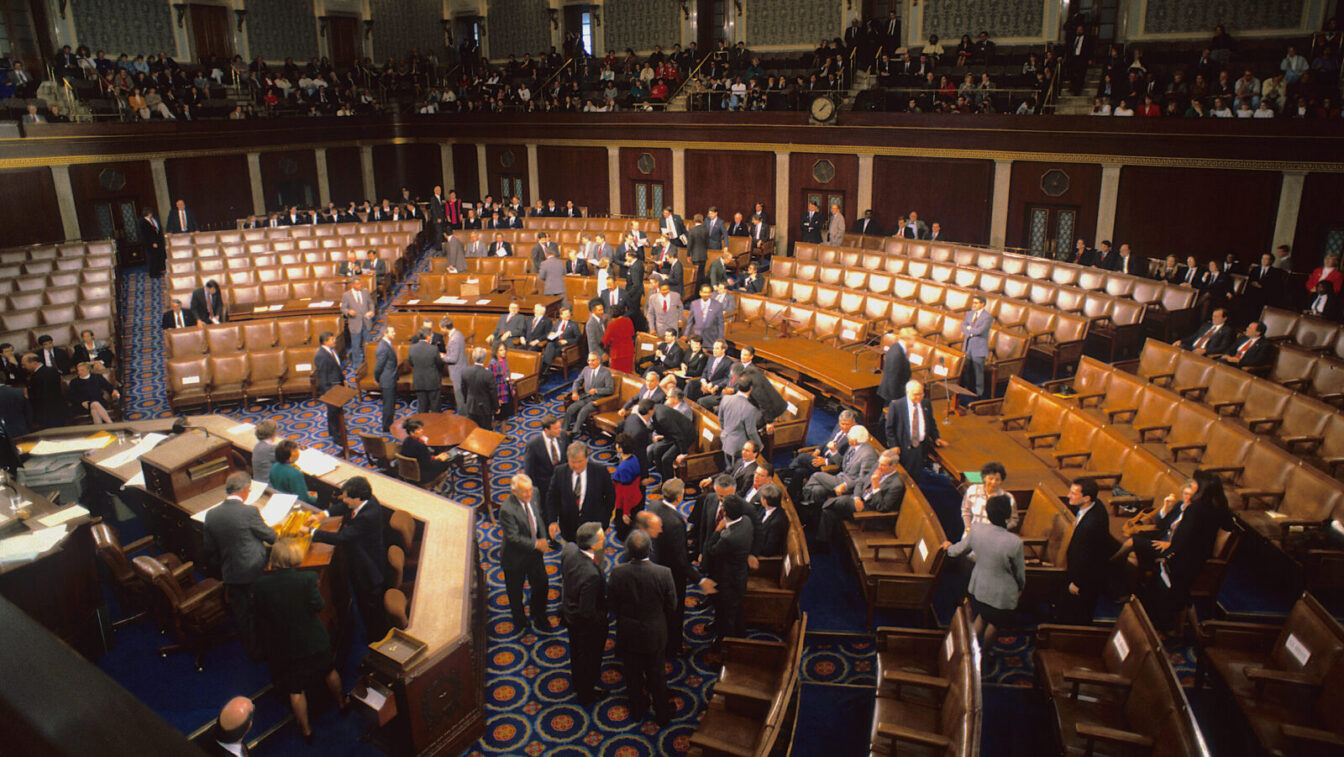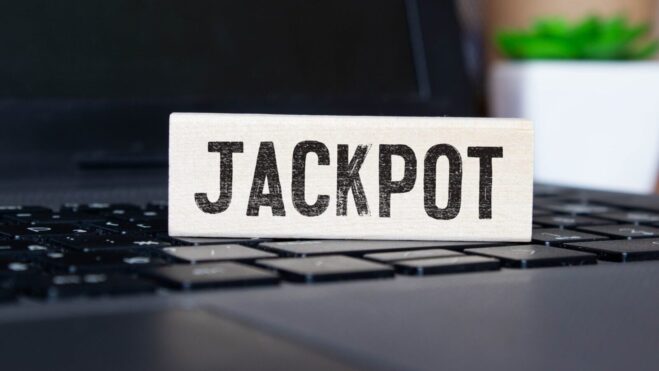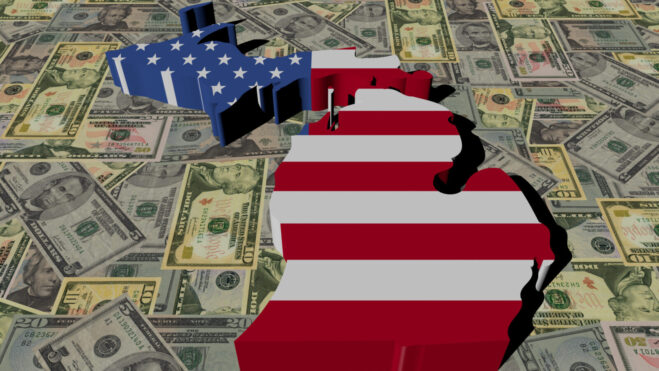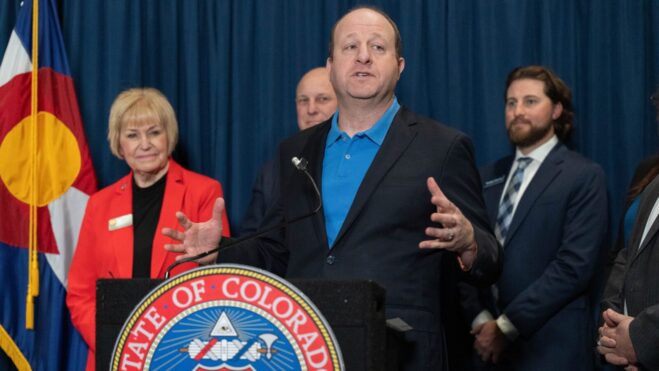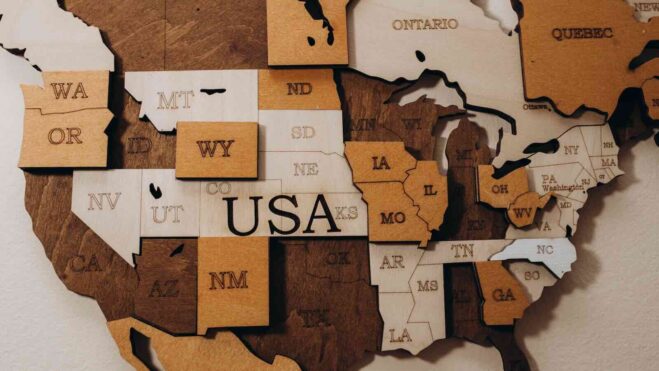Hawaii Sports Betting Bill Reaches Senate Floor
Tax rate is set at 10% of AGR with percentages earmarked for problem gambling and education
1 min

It was another step forward for proponents of legalized mobile sports betting in Hawaii on Wednesday after the Senate’s Ways and Means Committee approved HB 1308, moving it to the full Senate floor.
The bill passed by an 11-2 vote, though four state senators voted “aye with reservations.” Ways and Means was the third and final Senate committee needed to vote the bill forward after the Economic Development and Tourism and Commerce and Consumer Protection did likewise.
The bill reached the Senate floor despite ongoing opposition from notable groups throughout the state. Among them was the state’s Attorney General’s Office, which submitted written testimony citing problem gambling concerns as well as changes to fantasy sports that will lead to “unregulated and unlicensed gambling.”
Filling in the numerical blanks
HB 1308 passed through the lower chamber of state government without licensing fees and a tax rate in late February after those were removed via amendments. The Ways and Means Committee filled in those blanks during its hearing, with an initial license fee of $250,000 and an initial or renewal supplier license fee of $10,000.
The 10% tax rate on adjusted gross revenue that was stripped via amendment in the House was re-inserted, which would be one of the lowest rates in the U.S. among states with commercial wagering. Seven percent of tax receipts would be deposited into a special fund created by the bill for problem gambling prevention and treatment, and another 7% is earmarked “for programs that support education in the State.”
The Senate committee also set the value of fines in addition to the criminal classifications for conducting sports wagering without a license. A person committing a first offense would be charged with a misdemeanor and fined $10,000, a second offense would be a Class C felony with a $50,000 fine, and a third offense or more would be a Class B felony with a $100,000 fine.
One other notable alteration by the committee was changing the regulatory agency to the Department of Law Enforcement. The bill originally called for the Department of Business and Economic Development to oversee sports wagering. Ways and Means also clarified that the Department of Taxation would be responsible for the enforcement of the general excise tax.
One provision of the bill did remain constant: A minimum of four sportsbooks must be licensed. The bill would take effect July 1, which would make it possible the first wagers are accepted in January 2026.


